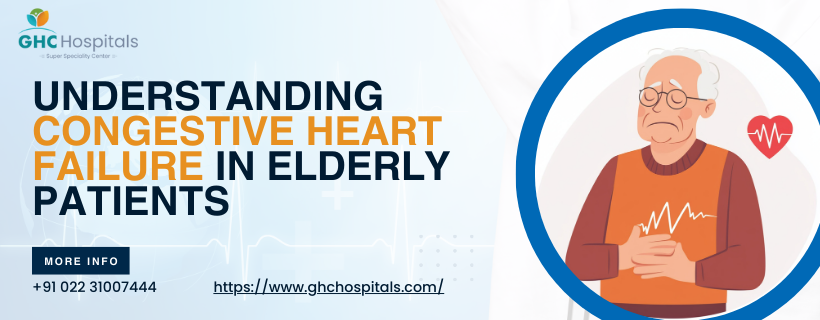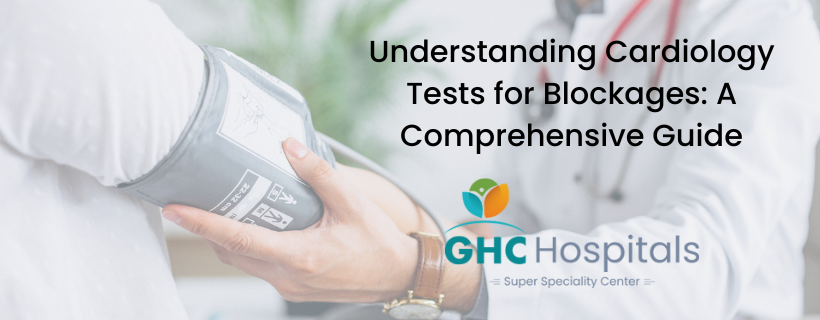Congestive heart failure in the elderly occurs when the heart muscle becomes weakened or stiff, leading to insufficient blood flow to meet the body’s needs. This can result in symptoms such as shortness of breath, fatigue, and fluid retention. Managing CHF in elderly patients is particularly challenging due to the presence of other chronic conditions, decreased physiological reserves, and the increased risk of side effects from medications.
Ways for managing heart failure in older adults
- Medication Management
- Medications are a cornerstone in the treatment of congestive heart failure, helping to manage symptoms, improve heart function, and prevent further deterioration. Despite there being many best medications for CHF in elderly patients, they often take multiple medications for various conditions, which can complicate their treatment plan.
Common Medications for CHF:
- ACE Inhibitors and ARBs: These are heart failure treatment drugs for older adults that help relax blood vessels, lower blood pressure, and reduce the workload on the heart. They are essential in slowing the progression of heart failure.
- Beta-Blockers: Beta-blockers reduce the heart rate, decrease blood pressure, and protect the heart from excessive stress. They are particularly beneficial in reducing the risk of sudden cardiac events.
- Diuretics: Also known as “water pills,” diuretics help reduce fluid buildup in the body, easing symptoms like swelling and shortness of breath. They are especially important in managing congestive symptoms.
- Aldosterone Antagonists: These medications help prevent the buildup of fluid and salt, improving heart function and reducing symptoms.
- Digoxin: This medication helps strengthen the heart’s contractions, making it more efficient in pumping blood.
Considerations for Elderly Patients:
- Polypharmacy Risks: Managing polypharmacy in heart failure requires careful monitoring to avoid adverse interactions and side effects.
- Dosage Adjustments: Elderly patients often require lower doses of medications due to decreased kidney function and other age-related changes.
- Regular Monitoring: Frequent check-ups and blood tests are essential to monitor the effectiveness of medications and make necessary adjustments.
- Lifestyle Modifications:
- Lifestyle changes play a crucial role in managing congestive heart failure, especially in elderly patients. These modifications can help reduce symptoms, improve quality of life, and slow the progression of the disease.
Key Lifestyle Modifications:
- Low-Sodium Diet: Changes in the diet for CHF in older adults include reducing salt intake to help prevent fluid retention, a common problem in CHF. Elderly patients should aim for a low-sodium diet, avoiding processed foods and adding fresh fruits and vegetables to their meals.
- Fluid Restriction: Limiting fluid intake can help manage swelling and prevent fluid overload, which is particularly important in the elderly population.
- Regular Physical Activity: Engaging in light to moderate exercise, such as walking or swimming, can strengthen the heart and improve overall health. However, the exercise regimen should be tailored to the patient’s capabilities.
- Weight Management: Maintaining a healthy weight reduces the strain on the heart and helps manage CHF symptoms.
- Smoking Cessation: Quitting smoking is critical, as it reduces the risk of heart failure worsening and improves overall cardiovascular health.
Challenges for Elderly Patients:
- Physical Limitations: Inculcating physical exercises as lifestyle changes for heart failure in the elderly may be difficult as they may have mobility issues or other physical limitations that make exercise challenging. Tailored exercise for elderly with heart failure and physical therapy may be necessary.
- Dietary Preferences: Adjusting to a low-sodium diet can be difficult, especially for those accustomed to certain foods. Nutritional counselling can help create a palatable and heart-healthy meal plan.
- Support Systems: Family and caregiver support is vital in helping elderly patients adhere to lifestyle changes and manage their condition effectively.
- Advanced Therapies and Surgical Options
- In some cases, elderly patients with congestive heart failure may require more advanced treatments, including surgical interventions or specialized heart care services which are available at GHC Hospitals.
Advanced Treatment Options:
- Implantable Cardioverter-Defibrillator (ICD): An ICD is a device implanted in the chest that monitors heart rhythms and delivers a shock if a life-threatening arrhythmia is detected. It is particularly beneficial for elderly patients at high risk of sudden cardiac arrest.
- Cardiac Resynchronization Therapy (CRT): CRT uses a specialized pacemaker to coordinate the heart’s contractions, improving efficiency and reducing symptoms. CRT and LVAD in elderly patients are often recommended who have moderate to severe heart failure.
- Left Ventricular Assist Device (LVAD): An LVAD is a mechanical pump that helps the heart circulate blood. It is typically considered for elderly patients who are not candidates for heart transplantation but require additional support.
- Coronary Artery Bypass Grafting (CABG): In cases where heart failure is caused by blocked arteries, CABG surgery may be performed to improve blood flow to the heart. This option may be suitable as an advanced heart failure treatment for elderly patients with severe coronary artery disease.
Considerations for Elderly Patients:
- Surgical Risks: Elderly patients may face higher surgical risks due to age-related factors and comorbidities. A thorough evaluation is necessary to determine the surgical options for CHF in older adults.
- Recovery and Rehabilitation: Post-surgical recovery may be slower in elderly patients, and they may require extended rehabilitation and support.
- Quality of Life: The potential benefits of advanced therapies should be weighed against the patient’s overall quality of life and preferences.
- Palliative Care and End-of-Life Planning
- For elderly patients with advanced congestive heart failure, palliative care may become a necessary part of the treatment plan. Palliative care focuses on managing symptoms, providing comfort, and improving the quality of life.
Key Components of Palliative Care:
Symptom Management: Palliative care for CHF in the elderly works to alleviate symptoms such as pain, breathlessness, and fatigue, helping patients live as comfortably as possible.Emotional and Psychological Support: Elderly patients and their families may face emotional challenges as heart failure progresses. Counselling and support groups can provide much-needed comfort and guidance.
End-of-Life Planning: Discussing and planning for end-of-life care for heart failure is an important part of their journey. Advance directives, hospice care, and family discussions can help ensure that the patient’s wishes are respected.
Conclusion
Managing advanced CHF in older adults requires a comprehensive, individualized approach. From medication management and lifestyle modifications to advanced therapies and palliative care, the goal is to improve the patient’s quality of life and manage symptoms effectively. At GHC Hospitals, we are committed to providing the best treatments for CHF in the elderly. Our multidisciplinary team is dedicated to managing congestive heart failure in older adults with compassion and expertise.
GHC Hospital’s heart failure care includes frequent check-ups and blood tests are essential to monitor the effectiveness of medications and make necessary adjustments. If you or a loved one is experiencing symptoms of congestive heart failure, contact GHC Hospitals today to schedule a CHF consultation with our cardiology experts.




